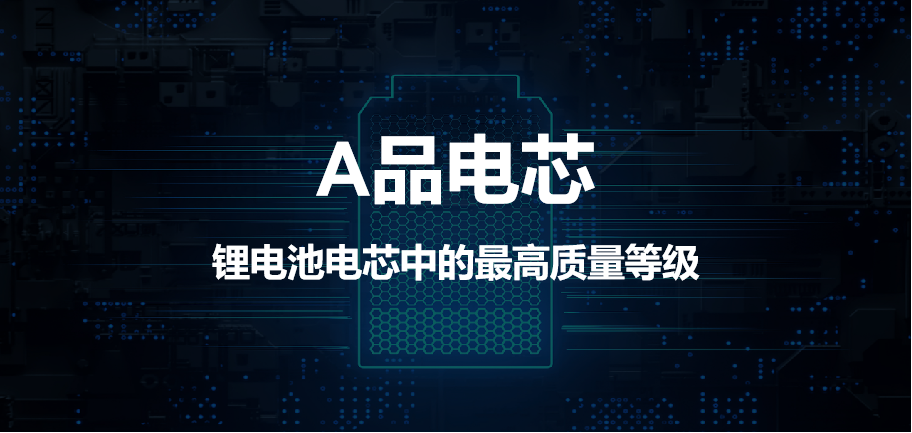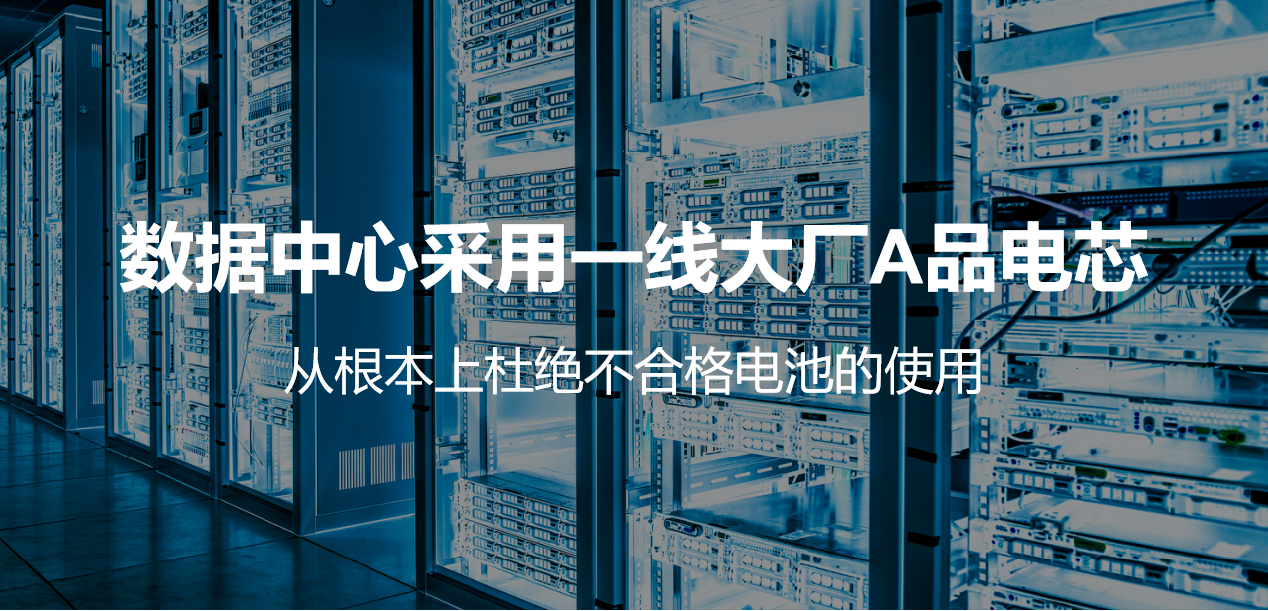A grade battery cells, B grade battery cells, and C grade battery cells are the quality classification of lithium battery cells.
This reflects the quality control standards and performance levels of battery cells during the production process.

A-grade battery cells refer to those that fully meet the technical parameter requirements and have no abnormalities during the production process. These battery cells are manufactured strictly according to the order standards in terms of capacity, voltage, thickness, length, and width. A-grade battery cells have excellent performance and are used in electronic products that require high standards.
B-grade battery cells may have some minor defects during the production process, such as slight differences in capacity or sizes that do not meet the order specifications, but their performance still remains at a certain level.
The price of B-grade batteries is usually lower than that of A-grade batteries.
C-grade batteries usually refer to B-grade batteries that have been stored in the warehouse for more than 8 months and have not yet been shipped. Due to long-term storage, these battery cells experienced self discharge and were also affected by dust and moisture, resulting in a decrease in performance. The safety and durability of C-type battery cells are poor, and their performance will significantly decrease after several charging cycles.
A-grade battery cells are the highest quality level among lithium battery cells.
One of the important reasons behind the safety hazards of lithium batteries,
There is a situation where B and C battery cells are used.

Some second and third tier assembly factories, in order to save costs, will use low-quality B-grade battery cells, and even reassemble old battery cells from scrapped new energy vehicles into electric bicycle batteries.
These battery cells have unstable capacity and voltage, which may increase safety risks and increase the probability of explosion accidents.
Due to the inferior performance and safety of B and C battery cells compared to A battery cells, there are certain risks when using them, especially in applications that require high energy density and high safety.
Therefore, equipment using B-grade and C-grade battery cells typically requires appropriate design and monitoring to ensure safety.
In fact, not only are there various problems with the battery cells used, but some battery manufacturers have also illegally produced "over standard" lithium batteries to meet the abnormal needs of the market. The assembled lithium batteries have greatly exceeded the national standard for 48V electric bicycles.
The data center users use A-grade battery cells.

Having the following advantages:
1. High capacity and energy density. A-grade batteries typically have high energy density, meaning that a unit volume or unit weight of battery can store more energy.
2. Good cycle life. After multiple cycles of charging and discharging, the A-type battery cell can still maintain high capacity and performance. This makes their service life longer and reduces the frequency of battery cell replacement.
3. Low self discharge rate. Even in storage, the self discharge rate of A battery cells is relatively low. This means they can maintain SOC state for a long time without use.
4. High current output capability. A-grade battery cells typically have good high current output capabilities, which are crucial for applications that require high currents, such as electric vehicles and high-end electronic devices.
5. Excellent temperature characteristics. A-grade battery cells can maintain stable operating performance within the temperature range defined by the specifications. They can work normally in both low and high temperature environments.
6. High security performance. A-grade battery cells adhere to strict safety standards during the design, manufacturing, and testing processes. When used according to regulations, there is basically no risk of thermal runaway.
7. Good consistency: The quality of A battery cells is strictly controlled during the production process to ensure the consistency of performance for each cell. This is particularly important when using a battery pack composed of multiple cells to avoid battery imbalance caused by differences in cell performance.
Furthermore, A-grade battery cells comply with international and industry standards, such as UL, CE, etc., which is crucial for data centers to meet regulatory requirements and industry standards.
Data center users can confidently purchase lithium battery equipment provided by professional equipment service providers.
Because they use A-grade battery cells, they can provide reliable backup power supply guarantee.
Copyright © 2020. Mindsec Technology Co., Ltd. All rights reserved 京ICP备18009323号-1
 京公网安备 11010802031096号
京公网安备 11010802031096号